Leaving because it is no longer possible to stay
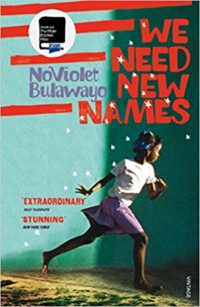 We Need New Names
We Need New Names
by NoViolet Bulawayo
This was my favourite of the six books I read over Easter weekend on the theme of refugees and migration. Perhaps it’s because it’s written from the perspective of a young girl. I know child narrators are difficult to do well, but when they are, I really respond to them.
Darling is 10 years old and lives in a shanty town called Paradise in Zimbabwe (though the country is never named, it’s clear where it is). She spends her days with her friends and lives with her mother and Mother of Bones.
At first it seems innocent, though the poverty is clearly extreme. Hints are dropped, details revealed of how far from paradise this is. Darling and her friends have their ways of dealing with unfairness and poverty and violence, but something worse is always just round the corner.
Continue reading “Leaving because it is no longer possible to stay”
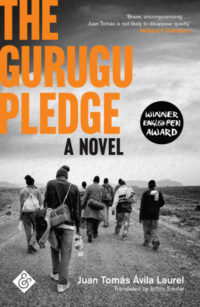 The Gurugu Pledge
The Gurugu Pledge The Passport
The Passport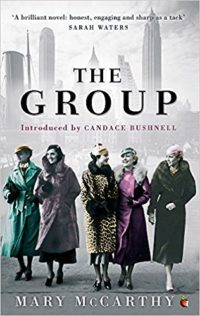 The Group
The Group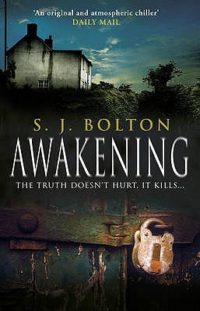 Awakening
Awakening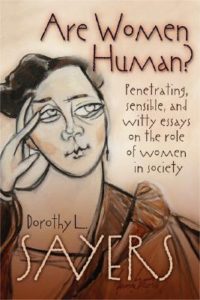 Are Women Human? Astute and Witty Essays on the Role of Women in Society
Are Women Human? Astute and Witty Essays on the Role of Women in Society
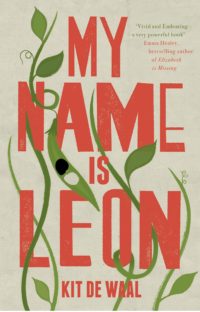 My Name is Leon
My Name is Leon Anna Karenina
Anna Karenina The Yellow Wallpaper and other stories
The Yellow Wallpaper and other stories